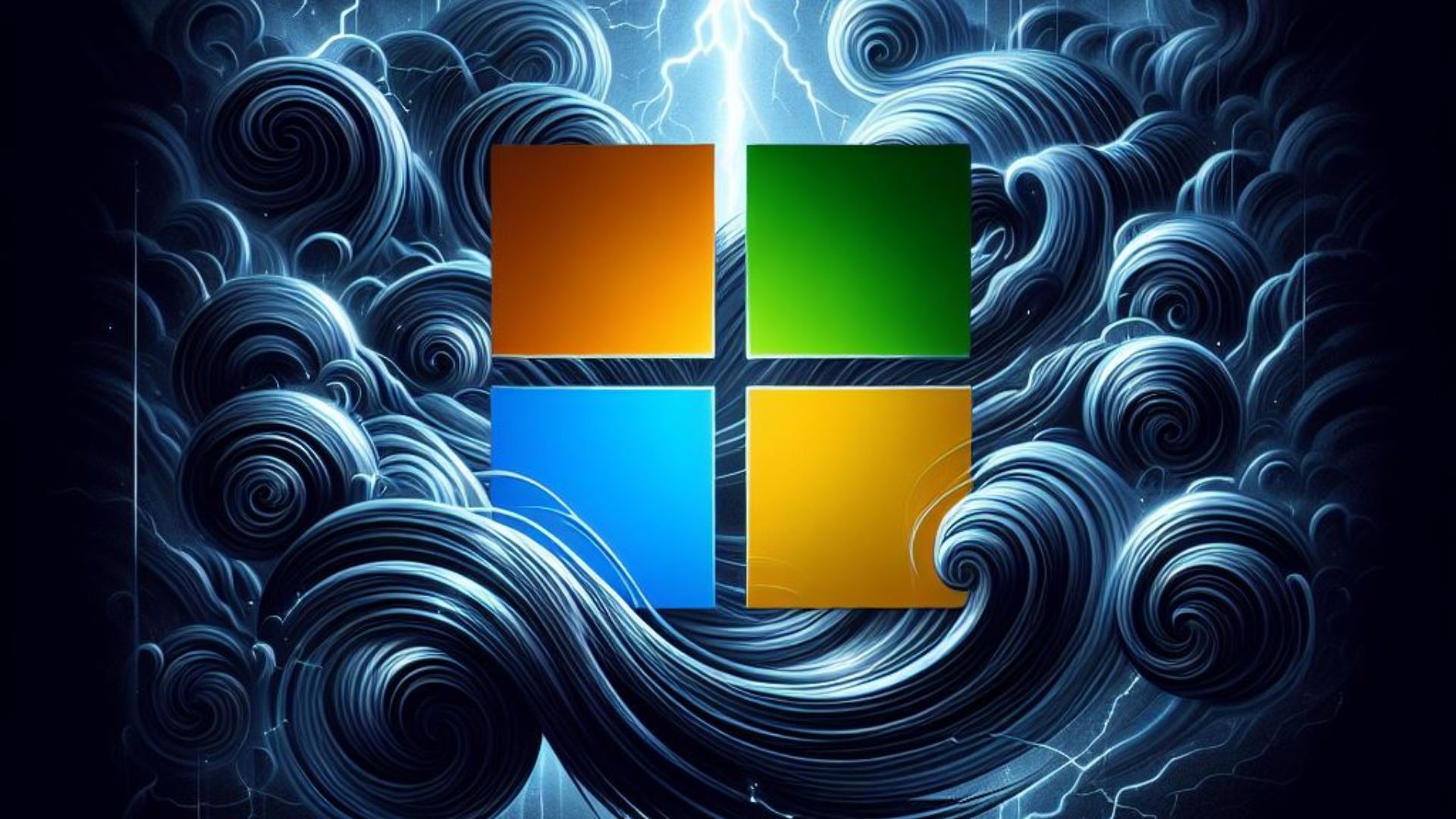Microsoft's Surface Neo may be niche, but it's definitely not doomed to fail
Technology has a long history of being specialized while still thriving, and being niche is not a bad thing
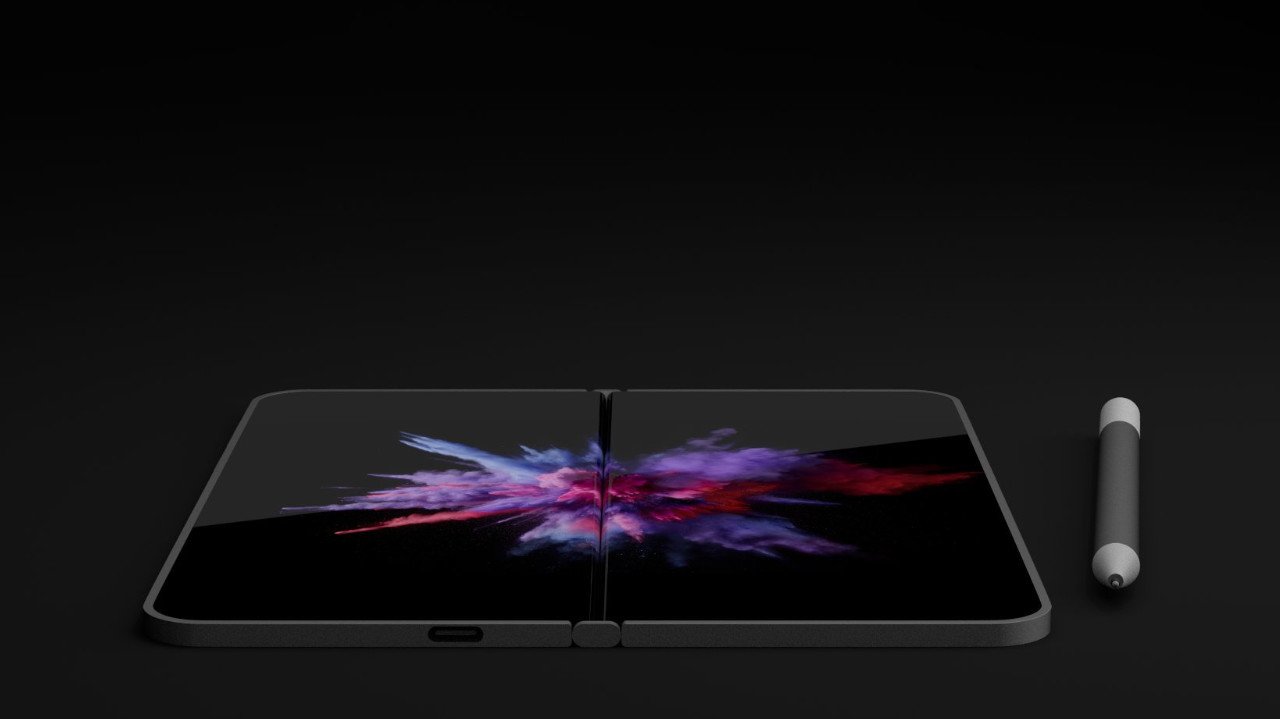
All the latest news, reviews, and guides for Windows and Xbox diehards.
You are now subscribed
Your newsletter sign-up was successful
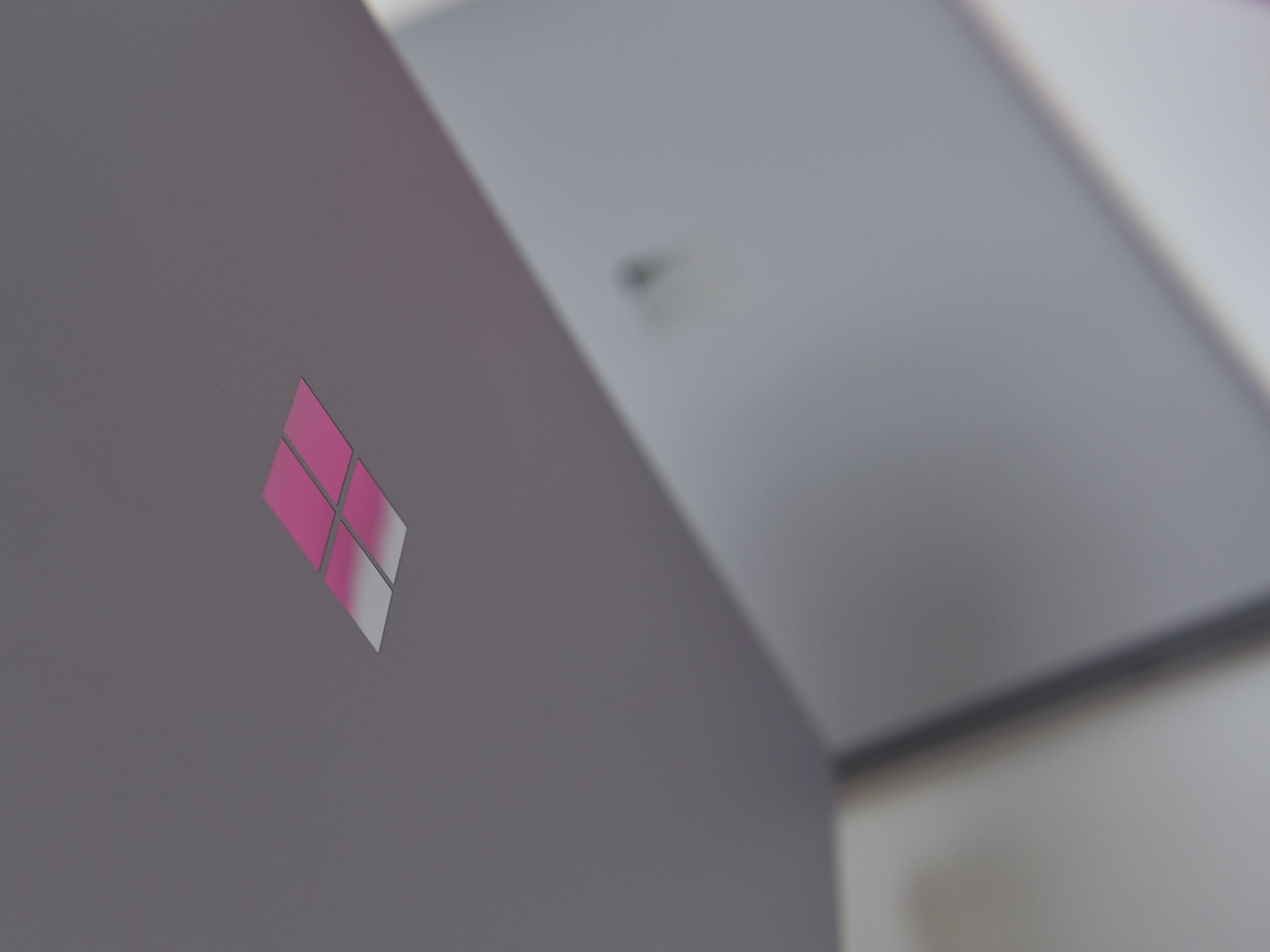
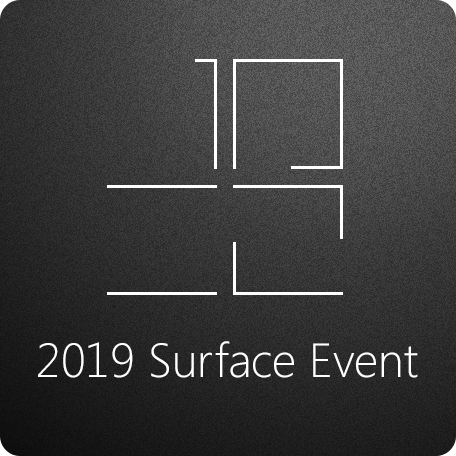
With the upcoming Surface event on October 2, the usual chatter has sprung up around what will be announced and whether it will be a success for Microsoft. Many are expecting the rumored dual-screen, foldable "Centaurus" device, which is looking likely as part of the reveal.
I often see comments about how whatever Microsoft announces, it won't survive because it will be "niche." I've always found this argument not only unconvincing but just weak logic. Here's why.
Niche is technology
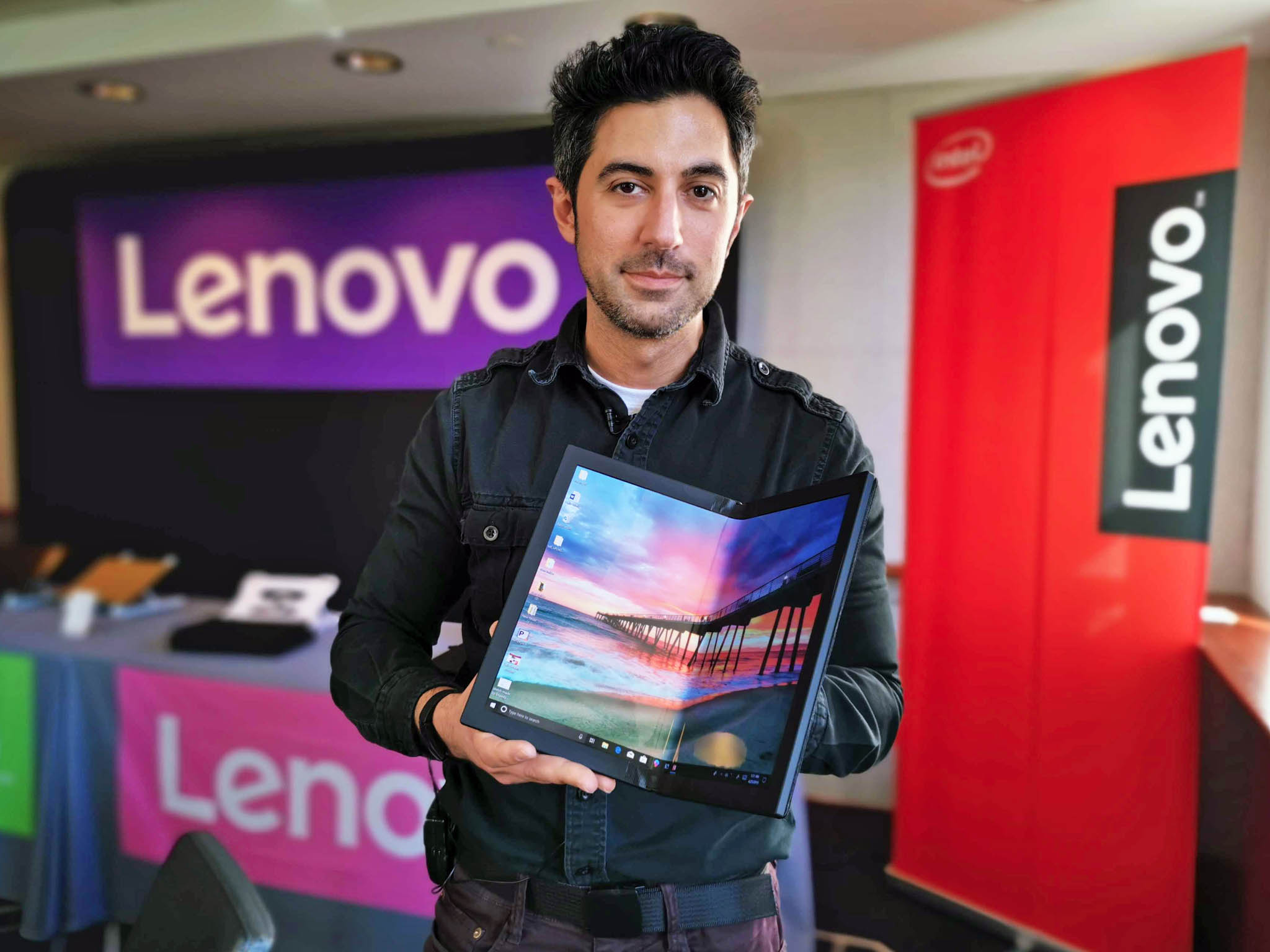
Before we get started, let's clear up the word "niche." In this context, it's a product for a specialized segment of the market. The word itself is not a pejorative. Its connotation is a neutral descriptor. Specialized products can be successful, or they can fail for all the same reasons that apply to mainstream products.
All new technology starts niche, including radios, TVs, smartphones, smartwatches, and virtual reality – even VHS recorders and windshield wipers. Part of that is just manufacturing and consumer education, but a lot of it is pushback from regular folks who say, "We don't need that," or "Why not just do X instead?" Or, my favorite, "What problem does that solve?". Then, eventually, the technology catches on, and mass adoption occurs.
I owned a Palm Treo 650 in 2005, and I wasn't a businessman. That device was niche. Then, within five years of the first iPhone, smartphones went from obscure to almost everyone owning one.
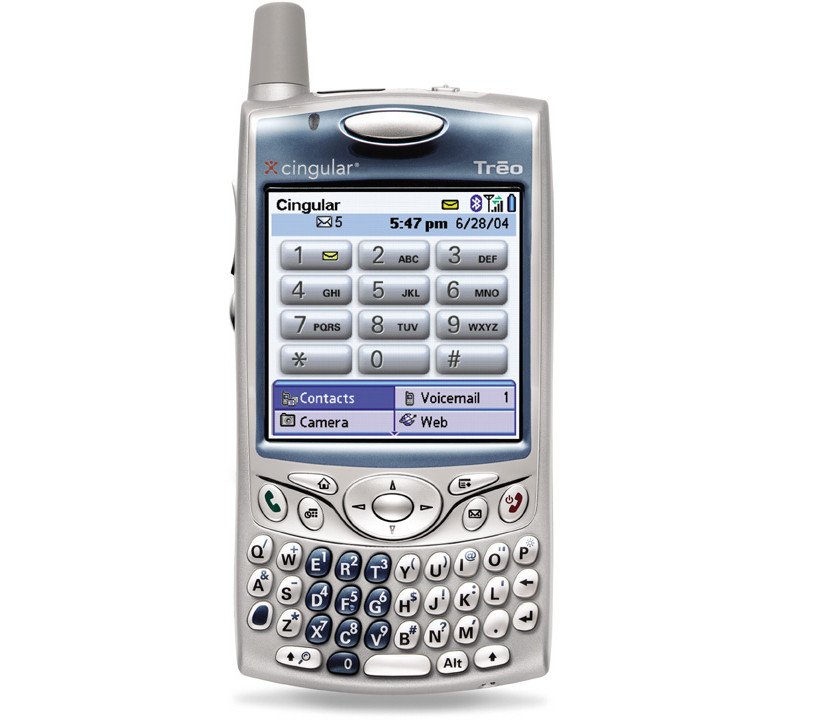
There is also a crossover between niche and the more triumphant "early adopter" banner that many people love to embrace. Here I especially think of biohackers.
But there's another kind of niche, too. It's one where the technology never goes mainstream and is still a success. Everyone who is in a specialized field knows this. In movies, a 35mm film splicer was $500 and made by one company. The medical field is full of specialized, niche technologies that cost a fortune mostly because costs can't be subsidized by mass production.
All the latest news, reviews, and guides for Windows and Xbox diehards.
Even for PCs, this is true. The recently announced Panasonic Toughbook 55 is niche; it's for police, EMT, military, and those who work outdoors. Panasonic told me that this category of PC represents only one percent of the entire PC market, yet the company owns 80 percent of that one percent. Panasonic has been making these laptops since 1996, yet many of you have never even touched one. Still, they're quite successful.
Expectations determine success
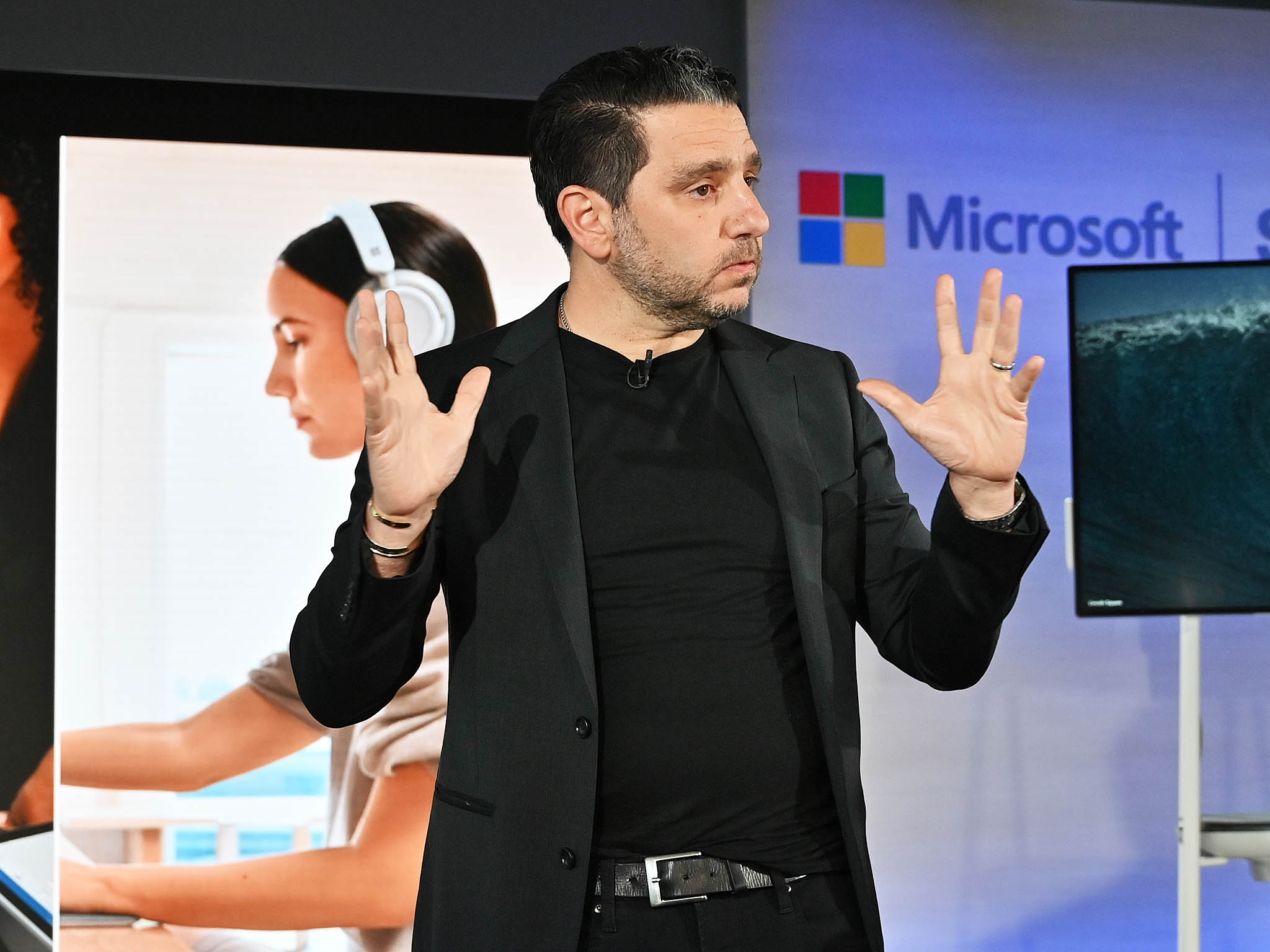
When Neutaper set out to make a film splicer for projectionists and editors in 1963, the company didn't expect every household would own one someday. They didn't have to. Their only markets were movie theaters and film studios. For fifty years, it's all anyone used. They were a success.
Some things like the niche PC were pushed to go mainstream; it was Microsoft's goal in the 1980s and 1990s to get a PC into every house. Eventually, we all had mostly generic grey boxes in our homes.
But in 2019, technology is abundant and easy to produce. Because of that, we can now have things like Kickstarter and Indiegogo to fund very specialized endeavors. You can buy the most exquisite PCs and components to suit your tastes. Do you want to make your RAM glow with RGB? No problem.
A niche foldable Surface would be just fine
All of this brings me back to Microsoft. The current expectation is we will see a dual-screen, foldable Surface tablet like the concept Microsoft Courier device from 2008. It will be a new category of computing – part PC, part tablet, part digital Moleskine notebook – and unlike anything we have on the market today. Inking and writing will be the primary interaction model.
Will it compete with other Surfaces, iPad, your phone? Is it a secondary device? Who knows? Who cares!
New categories of devices tend to have unexpected consequences. And of course, whatever Microsoft announces, it will be niche. That's fine. How many of you bought a HoloLens, Surface Studio or Surface Hub? Those are still successful despite being niche. They make millions for Microsoft.
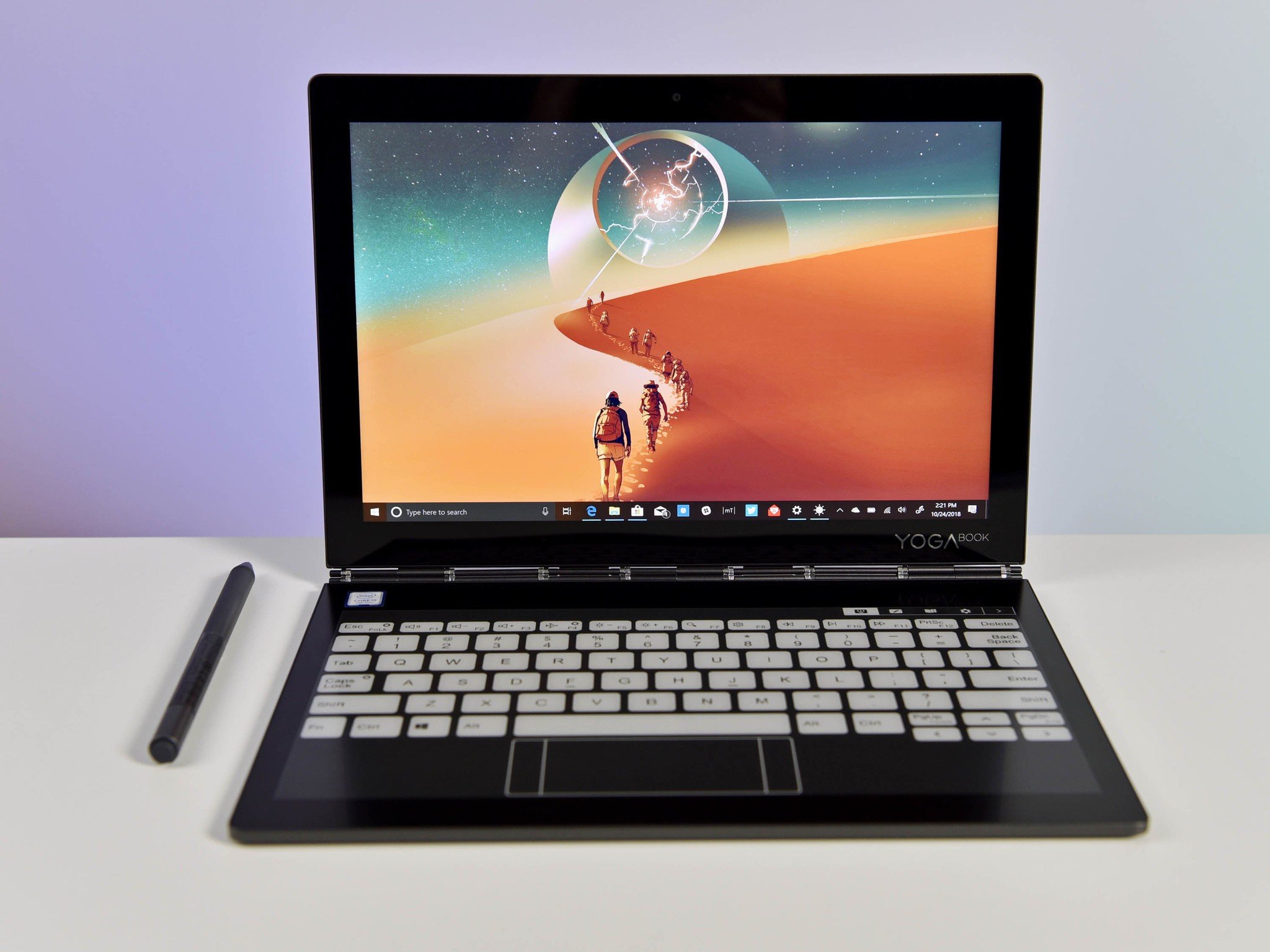
One could argue the entire Surface line is niche, representing just 3.6 percent of the whole computer market, according to Gartner research. It also rakes in over one billion dollars per quarter in revenue.
Surface is not meant to be mainstream. The brand is intended to drive PC innovation and push the industry in specific directions, with the Surface line taking the lead (and initial risks). Microsoft pioneered the 2-in-1 Surface Pro, a design that was met with ridicule, scorn and doubt until about six months after Surface Pro 3 proved to be a hit. Now, every Apple iPad suddenly can dock a keyboard and pretend to be a Surface, as noted by The Verge recently.
Calling something niche is not an argument against its chances of success; it's merely a description. There are successful niche products that remain forever obscure, and there are niche products that go on to be mainstream. Others fail, only to come back later (OLED computer displays, for example).
Will Microsoft's dual-screen foldable Surface be a success? I'm not even sure it will be useful. Trying to reach a conclusion about "Centaurus" today with so little knowledge is foolish.
Technology is not always about solving problems; it's also about creating new opportunities to do things we could not before. Where that takes us, no one knows. That's the fun part.
How to watch the Microsoft Surface event live stream on October 2

Daniel Rubino is the Editor-in-Chief of Windows Central. He is also the head reviewer, podcast co-host, and lead analyst. He has been covering Microsoft since 2007, when this site was called WMExperts (and later Windows Phone Central). His interests include Windows, laptops, next-gen computing, and wearable tech. He has reviewed laptops for over 10 years and is particularly fond of Qualcomm processors, new form factors, and thin-and-light PCs. Before all this tech stuff, he worked on a Ph.D. in linguistics studying brain and syntax, performed polysomnographs in NYC, and was a motion-picture operator for 17 years.
